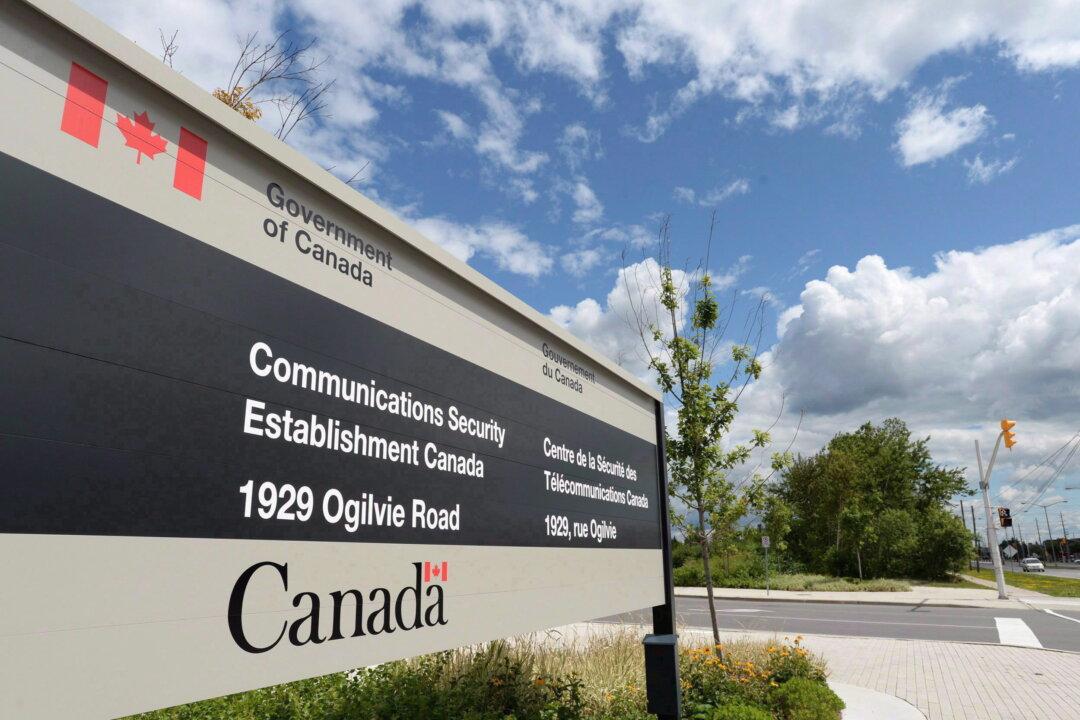Canada’s eavesdropping agency provided an update on April 13 on its monitoring of Russia-backed disinformation campaigns through social media and controlled media outlets, and said the Kremlin is behind claims that Canadian soldiers were in the Donbas region and committed war crimes.
The Communications Security Establishment (CSE) says media outlets controlled by Russia, but made to look legitimate, have recently “published narratives designed to discredit and spread disinformation about NATO allies, including false narratives about Canada’s involvement in the Russia-Ukraine conflict.”





